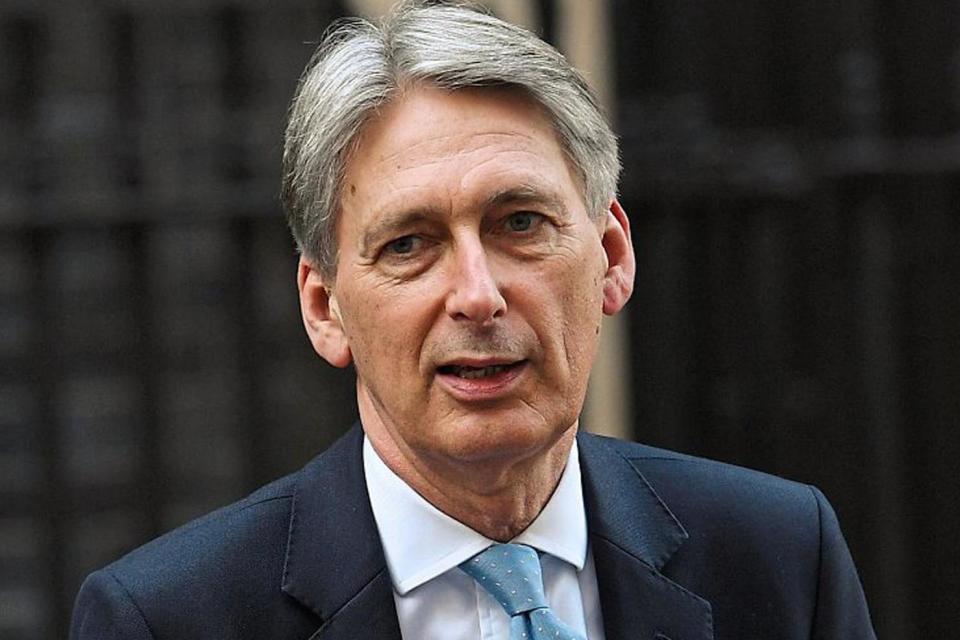Does Brexit still mean Brexit? Hammond wants three-year transition deal

Philip Hammond today laid out his case for a transition period of up to three years after Britain quits the EU during which a new immigration system and other reforms would be gradually introduced.
The Chancellor signalled that the UK could push for similar arrangements to countries such as Norway, which is in the European Economic Area and allowed to be part of the EU’s single market.
“I can envisage a situation where we start immediately after our exit from the European Union with many arrangements remaining very similar to how they were the day before we exited,” he told BBC radio.
Over time, new arrangements with the EU would be brought in “until we get to the new end state, the new normal which will be our long-term relationship with the EU”.
Asked if under his proposals EU citizens would still be able to get jobs in Britain after the country’s departure date from the EU on March 29, 2019, he said: “Yes. If they come here to work after we leave the European Union, during that transitional period the sensible approach will be to seek to register people so that we know who is coming and who is going.
“It will be some time before we are able to introduce full migration controls between the UK and the European Union.” He also did not rule out the European Court of Justice still having a say on issues in the UK during the transition period.
However, he added: “Some of our non-EU European neighbours already operate with the European Union through the EEA and they have their own special tribunal to resolve any disputes between the EU and them.”
Mr Hammond stressed that Britain would leave the customs union and the single market in March 2019.
Pressed on the length of the proposed transition period, he said: “There is a broad consensus that this process has to be completed by the scheduled time of the next general election which is in June 2022... so a period of at the most three years.
“The Government’s job is to make sure that our economy can go on functioning normally, that people can go about their business as usual, that businesses can carry on supplying their customers, buying the components they need to incorporate into their products, to protect jobs, to protect British prosperity — that is our focus as we plan this transition from our membership of the European Union and the single market and the customs union today to a new relationship in the future.”
He argued that the UK should be able to start negotiating other trade deals with countries around the world during this transition time, though he accepted they might not come into force until the end of it.
Former Ukip leader Nigel Farage condemned the Brexit blueprint outlined by the Chancellor, which he believes will mean freedom of movement remaining for up to eight years. “I think it will lead to widespread public anger,” he said.
Mr Hammond also flatly rejected the idea of effectively having a new border in the Irish Sea as proposed by Dublin, rather than one between the Republic and Northern Ireland.
Democratic Unionist Party chief Whip Sir Jeffrey Donaldson condemned the proposal far more strongly, saying a “reality check” was needed.

 Yahoo News
Yahoo News 